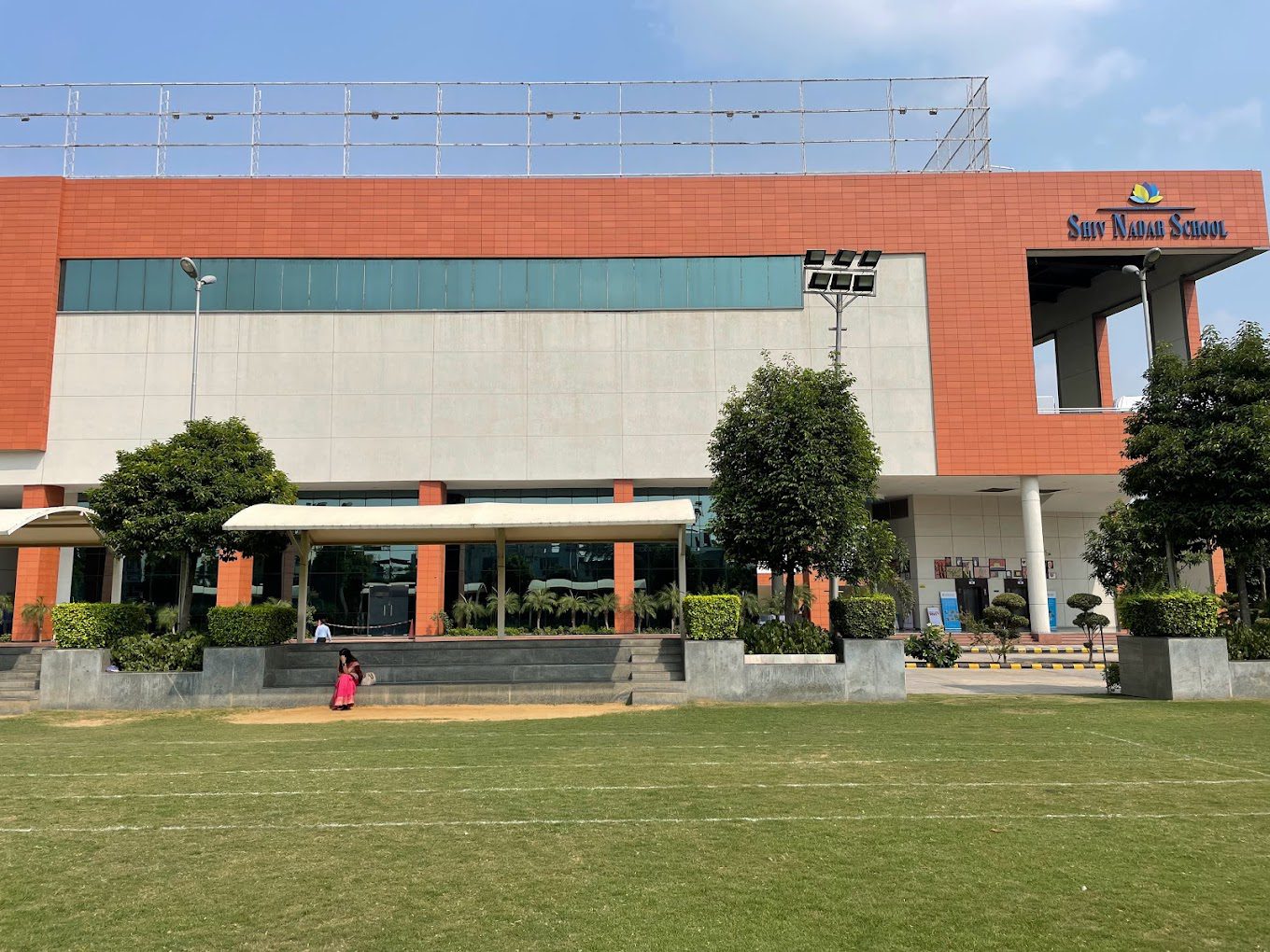blog Trending | 2min Read
Published on December 11, 2023


Introduction
In recent years, the Indian education landscape has been enriched by the introduction and expansion of the International Baccalaureate (IB) programme. This global education framework is transforming the way learning is approached in India, offering students a broader, more holistic educational experience. In this blog post, we will explore what the International Baccalaureate is, its impact on Indian education, and why it’s becoming a popular choice among students and parents alike.
Understanding the International Baccalaureate
The International Baccalaureate is a globally recognized educational board known for its rigorous, inquiry-based learning programmes. It aims to develop inquiring, knowledgeable, and caring young individuals who are equipped to tackle the challenges of our rapidly evolving world. The IB offers four educational programmes: the Primary Years Programme (PYP), Middle Years Programme (MYP), Diploma Programme (DP), and Career-related Programme (CP).
Check out IB’s official website!
The IB’s Growing Presence in India
India’s tryst with the IB began in the early 2000s and has since seen a steady rise in the number of IB schools across the country.
Today, major cities like Delhi, Mumbai, Bangalore, and Hyderabad boast several prestigious IB World Schools. This growth signifies a shift in the Indian educational paradigm, from traditional rote learning methods to a more comprehensive, skills-focused approach.


In picture : Shiv Nadar School Gurgaon, one of the best IB Schools in the country
Why Choose IB in India?
1. International Curriculum with a Local Twist:
The IB’s curriculum is internationally standardized yet offers flexibility to include local and regional elements, making it relevant in the Indian context.
2. Focus on Overall Development:
IB education goes beyond academic excellence, emphasizing the personal, emotional, and social growth of students.
3. Critical Thinking and Creativity:
IB programmes encourage students to think critically, be creative, and develop research skills – abilities that are highly valued in the modern workforce.
4. Global Recognition for Higher Education:
IB Diploma holders are highly regarded by universities worldwide, including in India, where an increasing number of higher education institutions recognize the IB diploma for admissions.
Challenges in the Indian Context
1. Cost Factor:
The cost of IB education in India is higher compared to national boards like CBSE and ICSE, which can limit accessibility for many families.
2. Adaptability:
As the IB is relatively new in India, there’s an ongoing process of adaptation among students, parents, and educators to align with its methodologies and assessment patterns.
Conclusion: A Future-Forward Approach
The International Baccalaureate represents a significant shift in the Indian educational system, aligning it more closely with global standards. As India continues to integrate into the global economy, the IB offers a pathway for students to develop into well-rounded, globally-minded individuals, equipped to meet the challenges of tomorrow. The expansion of IB in India is not just a trend; it’s a reflection of the country’s commitment to providing world-class education to its youth.
I will be covering the top 15 IB schools in the country in my next post. Stay tuned!
Regards,
Aanya






